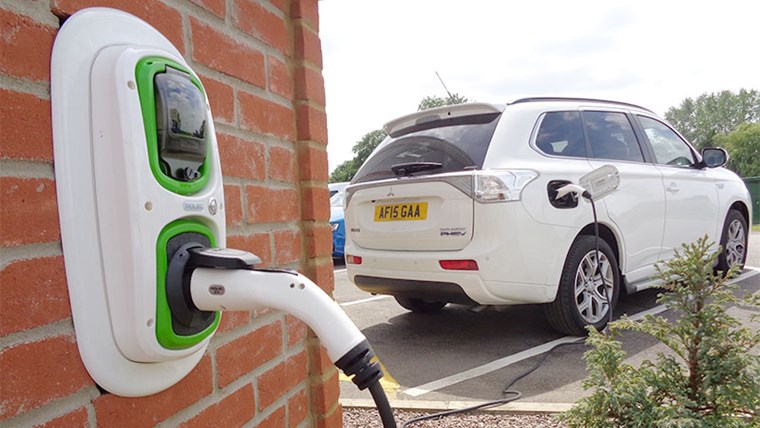The future of electric vehicle (EV) charging is indeed bright and marked by dynamic innovations and extensive infrastructure expansion. As global interest in sustainable transportation intensifies, there has been a tremendous surge in the research and development for efficient and user-friendly EV charging solutions. Among these innovations, the Level 2 EV charger is a significant game-changer in both home and public charging scenarios.
A Level 2 EV charger operates at 240 volts, equivalent to a residential electric clothes dryer. This charging level is typically six times faster than its Level 1 counterpart, which operates at a standard household outlet of 120 volts. This advanced charging level’s efficiency makes it an attractive option for home installation, effectively reducing charging time and making EV ownership more convenient.

With further technological advancements, Level 2 chargers are being equipped with smart features like energy usage tracking, scheduling, and integration with home energy management systems. This not only contributes to a user-friendly experience but also promotes energy conservation.
On the infrastructure front, the expansion of EV charging networks is evident. Countries globally are investing heavily in creating public charging points accessible to all EV users. This rapid expansion includes not just Level 2 chargers but also high-speed DC fast chargers, capable of charging most EVs to 80% capacity in just 20-30 minutes.
The concept of EV charging stations is evolving. Innovations are pushing boundaries beyond mere charging points, transforming them into energy hubs integrated with renewable energy sources. Solar-powered charging stations and battery energy storage systems are emerging, harnessing renewable energy to power EVs and reduce overall carbon footprint.
Despite the promising advancements, challenges persist. Achieving universal access to charging, reducing charging times further, and managing the increased load on the grid are some of the key areas needing attention. Innovative solutions like vehicle-to-grid (V2G) technology, where EVs can supply power back to the grid during peak demand, and the development of ultra-fast charging technology are poised to address these challenges.
The future of electric vehicle charging presents a fascinating blend of innovative technologies and sweeping infrastructure expansion. With advancements like the Level 2 EV charger, renewable energy-integrated stations, and smart charging solutions, the EV charging landscape is being reshaped to cater to the needs of a sustainable future. Although challenges lie ahead, the speed at which progress is being made offers an optimistic vision of what the future of EV charging can be.
